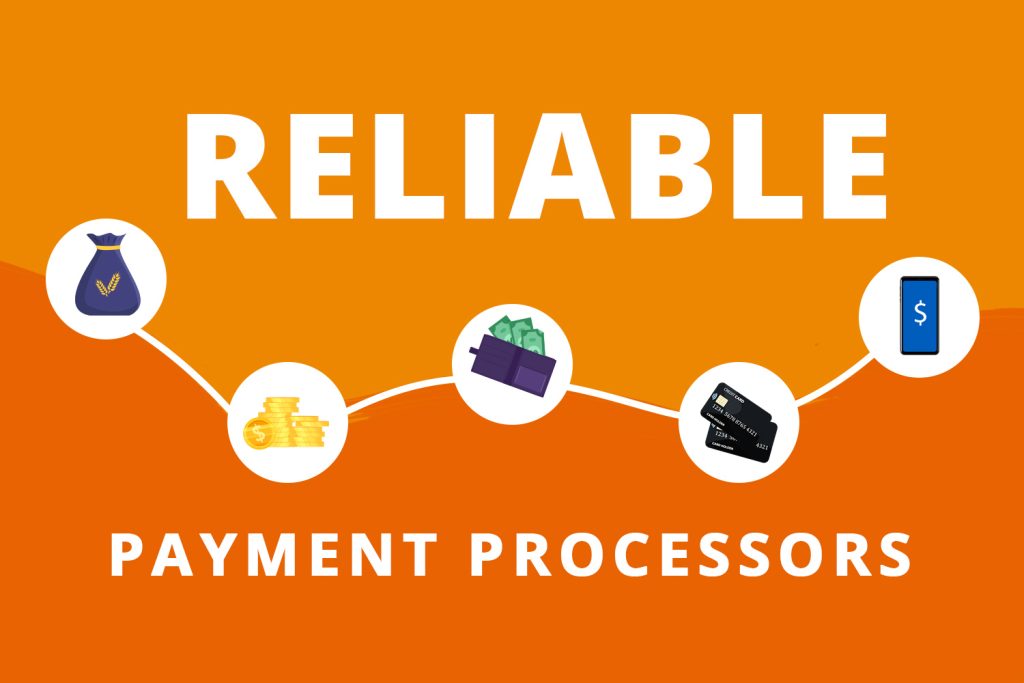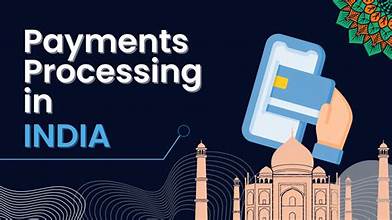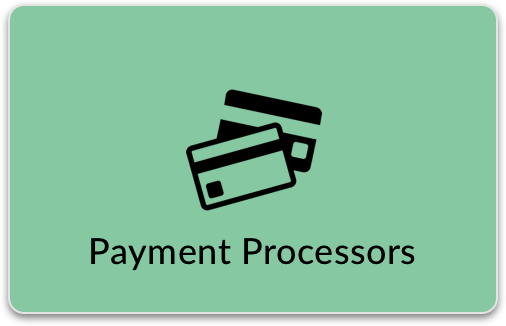AUTHOR: PUMPKIN KORE
DATE: 29/02/2024
INTRODUCTION
In the ever-evolving landscape of digital transactions, payment processor software has become the backbone of seamless financial transactions. In India, where the digital revolution is gaining momentum, the significance of reliable payment processing cannot be overstated. As the Indian economy embraces digital payments, businesses are realizing the importance of efficient payment processing. Payment processor software not only facilitates swift transactions but also ensures the security of sensitive financial information. In recent years,
Payment processor software has undergone a metamorphosis, adapting to the changing needs of businesses and consumers alike. The advent of mobile wallets, UPIs (Unified Payments Interfaces), and other digital payment methods has propelled the transformation. Today, payment processors not only facilitate card transactions but also seamlessly integrate with various digital platforms, offering a holistic approach to financial management. Payment Processor Software Utilities In India
The Role of Payment Processors in Financial Inclusion

One of the noteworthy payment processor software in India is its contribution to financial inclusion. With a large population still unbanked or underbanked, digital payment solutions bridge the gap, providing access to financial services for a broader demographic. The simplicity and accessibility of payment processors make them a catalyst for economic empowerment, particularly in rural and remote areas. As the digital payment ecosystem expands, so does the need for stringent regulatory measures. Payment processor software must adhere to the guidelines set by regulatory bodies to ensure the security and legality of transactions.
Navigating this complex regulatory landscape is a key consideration for businesses adopting these solutions, and understanding the compliance requirements is crucial for sustained success. The future of payment processing in India is brimming with exciting innovations. Blockchain technology is gaining traction for its potential to enhance security and transparency in transactions. Contactless payments, powered by NFC (near-field communication), are becoming increasingly prevalent, offering a convenient and hygienic way to make transactions. Staying abreast of these innovations is vital for businesses aiming to stay competitive in the dynamic Indian market.
The Human Element Customer Experience and Support

While the technical aspects of payment processor software are paramount, the human element cannot be overlooked. A user-friendly interface and responsive customer support are crucial components of a positive customer experience. Businesses should prioritize solutions that not only offer seamless transactions but also provide excellent support in case of issues or queries. Payment Processor Software Utilities In India
Selecting a payment processor is not a one-size-fits-all decision. Businesses must assess their specific needs, transaction volume, and target audience before making a choice. Integrating the payment processor seamlessly into existing systems and workflows is equally important to avoid disruptions in operations.
With the rise of digital transactions[1] comes an increased risk of cyber threats. Payment processor software must employ state-of-the-art security measures, including end-to-end encryption, secure APIs, and regular security audits. Businesses and consumers alike must be vigilant about safeguarding their financial information from potential breaches.
Key Features to Look for in Payment Processor Software
Before diving into the plethora of payment processor software options[2] available, it’s crucial to understand the key features that make a software solution stand out. From real-time processing to multi-currency support, these features play a pivotal role in meeting the diverse needs of businesses.
Understanding the intricacies of payment processor software is essential. From seamless integration with e-commerce platforms to the flow of transactions, these systems are designed to make financial transactions a breeze.
In an era where cyber threats loom large, payment processor software prioritizes security[3]. SSL encryption and two-factor authentication are integral components of ensuring the confidentiality and integrity of transactions.
Benefits of Using Payment Processor Software in Business

The advantages of employing payment processor software go beyond mere transaction facilitation. Enhanced efficiency, improved customer experience, and streamlined financial management[4] are some of the notable benefits.
Real-world examples showcase the tangible benefits of using payment processor software. These case studies provide insights into how businesses across diverse sectors have leveraged these tools to optimize their financial transactions.
Selecting the right payment processor[5] is a critical decision for any business. This section offers practical tips to guide businesses in choosing a solution that aligns with their unique requirements.
Regulatory Compliance in Payment Processing
Navigating the regulatory landscape is imperative for businesses using payment processor software. Understanding and adhering to compliance standards ensures a smooth and lawful operation.
What better way to gauge the effectiveness of payment processor software than through user reviews and testimonials? Real-life experiences from businesses using these solutions provide valuable insights for prospective users.
Conclusion
In conclusion, the evolution of payment processor software has revolutionized the way businesses conduct financial transactions in India. From enhanced security to streamlined processes, the benefits are manifold. Embracing these technologies is not just a choice but a necessity in the digital age.
FAQs
- Is payment processor software only for large businesses?
- No, payment processor software caters to businesses of all sizes, offering scalable solutions.
- How do payment processors ensure the security of transactions?
- Payment processors employ encryption technologies and authentication measures to secure transactions.
- What should businesses prioritize when choosing a payment processor?
- Businesses should consider factors like security, user interface, and customer support when selecting a payment processor.
- Are there any hidden costs associated with payment processor software?
- It’s essential to thoroughly review the pricing structure to identify any potential hidden costs.
- How can businesses stay updated on the latest trends in payment processing technology?
- Subscribing to industry newsletters and attending conferences are effective ways to stay informed about the latest trends.

